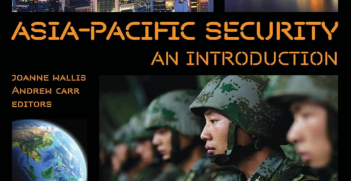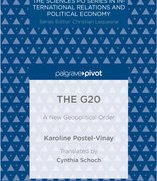Reading Room: Indian Lobbying and its Influence in US Decision Making Post-Cold War

The executive branch, especially the president, dominates the creation of US foreign policy. While it is true that such a view, if taken to extreme, lacks nuance and borders on becoming a caricature of American foreign policy, Ashok Sharma’s ‘Indian Lobbying and its Influence in US Decision Making’ avoids caricature in explaining the emergence of US policies towards India.
Sharma’s more nuanced view includes the important role that the US Congress plays in giving voice to the politics of identity. In this case, the rise of a small but influential Indian-American minority that has used its domestic position to affect the way that Congress appropriates money and expresses views on India.
Sharma’s scholarly examination of the rise of the India caucus in the US Congress, the emergence of a pro-Indian lobby and involvement of the government in New Delhi highlight the intersection of domestic and international politics in the US. Similar kinds of work have been written on other identity group lobbies, most recently ‘The Israel Lobby and U.S. Foreign Policy’ by John Mearsheimer and Stephen Walt comes to mind.
Somewhat improbably, the divisions that would normally be found in a country with a population over one billion have not had a major impact on the work of the US-India lobby. The divide between Hindu and Muslim Indians, felt so intensely in places like the Indian state of Gujarat, are nowhere to be found in Sharma’s book. Perhaps the divisions that can separate Indians at home do not find a place amongst Indian-Americans.
The US-India lobby, drawing as it does (in part) on the Indian-American community, does not compare well with the US-Australia lobby. That lobby, to the extent that it exists, does not build upon community ties but instead relies upon elites such as Rupert Murdoch, Greg Norman and Andrew Liveris.
Sharma has written a useful, well-documented and insightful book. Anyone wanting to understand US-India relations would be well advised to include ‘Indian Lobbying and its Influence in US Decision Making’ as required reading.
Ashok Sharma, Indian Lobbying and its Influence in US Decision Making Post-Cold War, Sage Publishing, 2016
Alan Tidwell is the director of the Center for Australian, New Zealand and Pacific Studies at Georgetown University.





